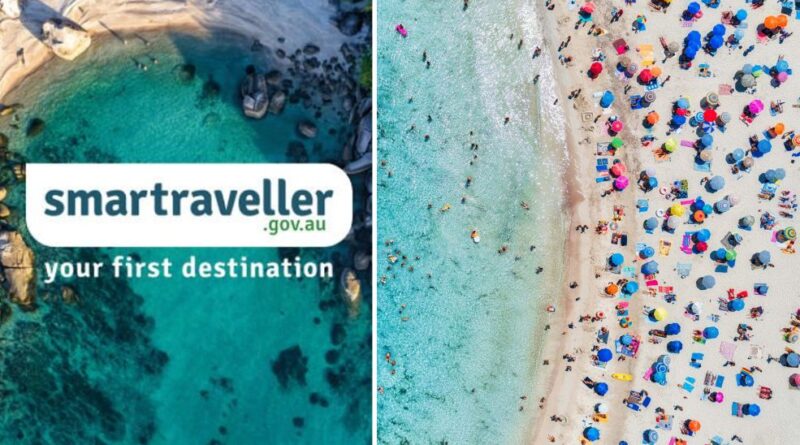Travelling to beat the winter blues

Wednesday, 18/06/2025
The mid-year travel season can be busy as winter hits Australia, and many Aussies travel to escape the cold whether it’s a trip to Southeast Asia or to Europe for summer fun. We’ve put together some advice to help keep you walking on sunshine during your winter escape.
Before you go:
- do your research
- get comprehensive travel insurance
- talk to your doctor
- organise your passport and visas
While you’re away:
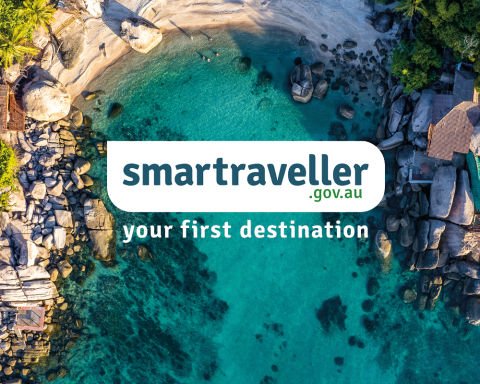
Before you go
Do your research
Prevention is the best defence. Know what you might face and plan accordingly.
- Research where you’re going. Read the travel advice for your destination and subscribe for updates.
- Understand the local laws and culture.
- Find out if there are any special events at your destination that could impact your trip.
Get comprehensive travel insurance
Sometimes things don’t go to plan, no matter how prepared you are. Having travel insurance means you won’t have to foot the bill.
- Buy insurance as soon as you book travel to cover yourself against cancellations.
- Read the fine print before you buy. Ensure you understand what it does and doesn’t cover.
- Give a copy of your insurance policy to a person you trust, along with a copy of your itinerary and passport.
Read more about travel insurance.
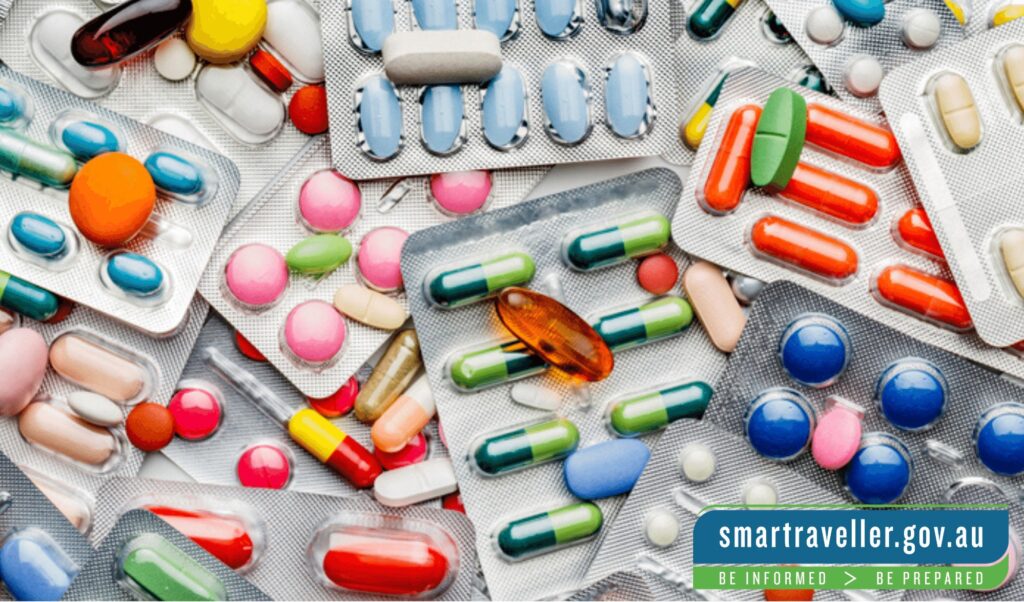
Talk to your doctor
At least 6 weeks before you go, talk to your doctor about:
- any recommended travel vaccinations
- whether your medications are legal in the countries you’re visiting
- how to adjust medication safely when changing time zones.
Read more advice about taking care of your health while travelling.
Organise your passport and visas
You can’t travel without them!
- Get your passport out and check it at least 6 weeks before you travel. Look at the expiry date and check for any damage.
- Find out what visas you may need.
- Check for any other entry requirements in your destination.
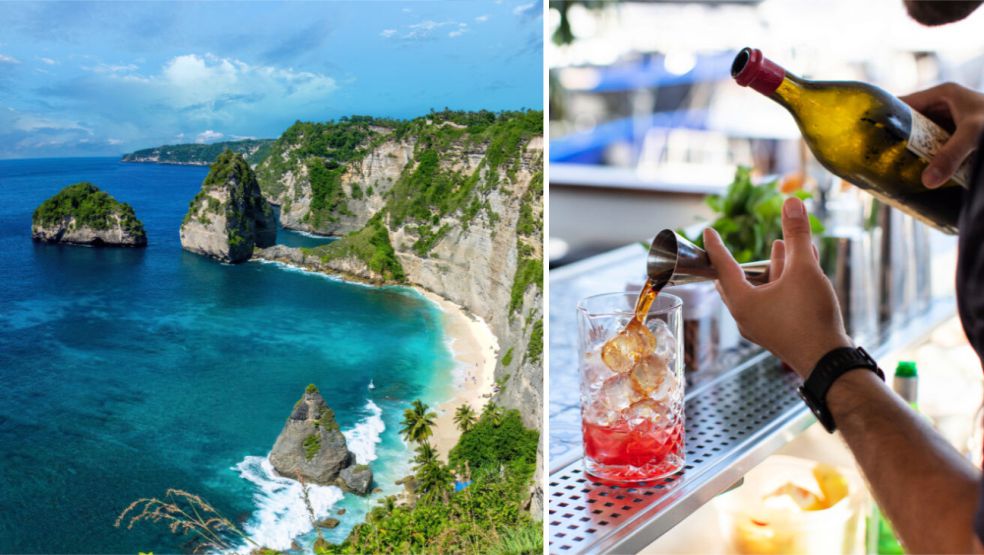
While you’re away
Party safely
Spiking, through drinks or needles, is a risk. Tourists, especially women, may be targeted by criminals. Drunk and disorientated travellers are targets for criminals. Especially for robbery and assault.
Before you go, know the symptoms of drink spiking and methanol poisoning. If you think you or your friend has been spiked, get to safety and get medical assistance if required. Seek urgent medical attention if you suspect methanol poisoning. Read our advice on partying safely.
Look after your belongings
Losing belongings like your passport, wallet or phone or having them stolen can quickly turn a holiday stressful. Take precautions to protect your valuables while you’re travelling. Opportunistic theft is common.
- Keep hold of your bag and phone in public. Even putting them on a café table next to you can be risky.
- Be aware of your surroundings, particularly when moving through crowded areas where pickpockets might be preying on tourists. Don’t walk through crowds distracted by your phone or a map.
- Keep your passport safe and know what to do if it’s stolen, lost or damaged.
- Stay alert on public transport. Criminals could target you if you seem distracted.
Read more about preventing theft while you’re travelling. Learn what to do if you’re the victim of a crime overseas.
Look after yourself
Don’t lower your safety standards just because you’re on holiday.
- Never drink and operate a car, scooter or bike.
- Always wear a helmet. Even if not wearing one is legal.
- Check any equipment you hire before you use it. If it looks or sounds wrong, raise it with the hire company.
The risk of crimes such as sexual harassment and assault can be greater in some countries. Take extra care if you’re travelling alone. Don’t share accommodation with strangers or publicise where you’re staying. Only use official public transport.
Terrorism remains a threat across the world. Be prepared for the possibility, no matter where you go. Take extra caution in higher-risk destinations.
Read more
- Advice for different types of travellers for more safety tips.
- Local laws and know what to look out for while you’re away.
- Our advice on terrorism.
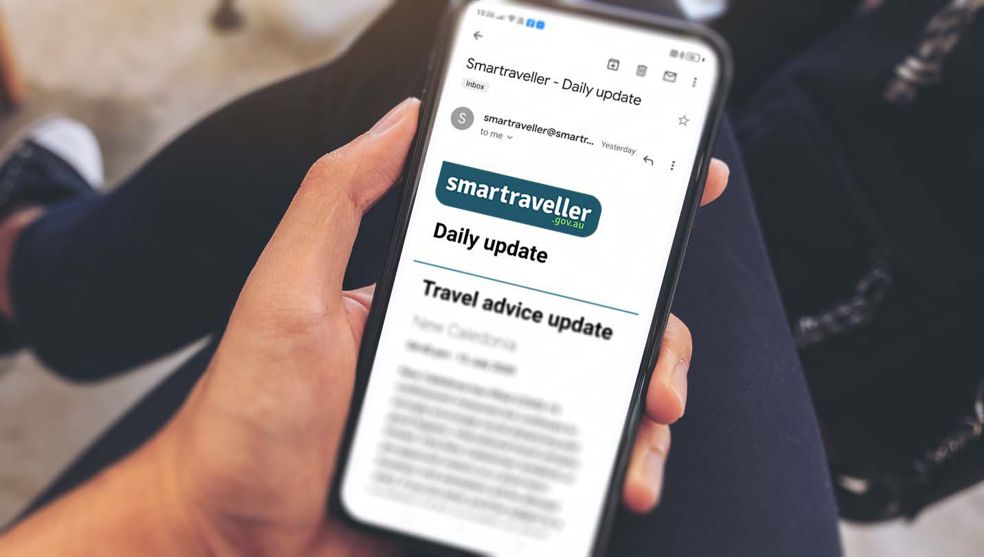
Where to get help
We list local emergency contact details under Local Contacts in the travel advice for your destination.
To contact the Australian Government in an emergency:
- call the nearest Australian embassy, high commission or consulate
- call the 24-hour Consular Emergency Centre in Canberra on +61 2 6261 3305.
The Australian Government is limited in how and when it can help Australians overseas. It’s important you understand our limits. Read the Consular Services Charter. (S/T)
